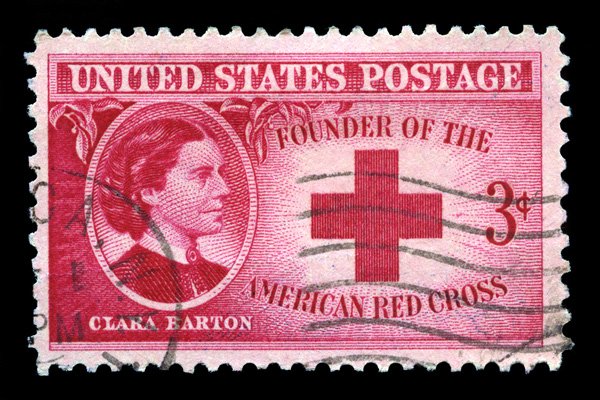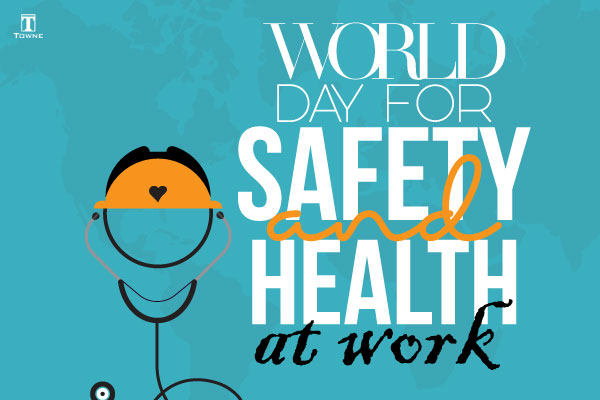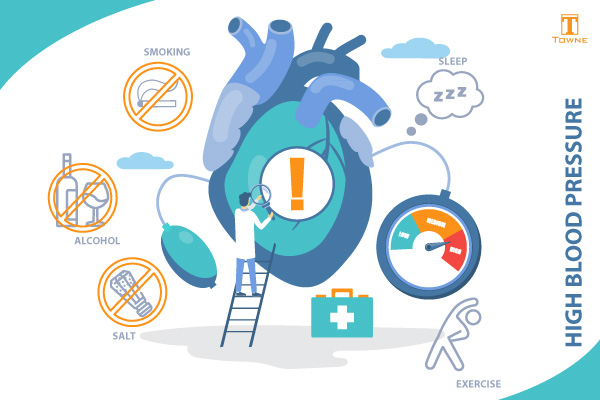There are plenty of women who have made a difference in the healthcare industry and been credited for it. Think Clara Barton, Eleanor Roosevelt and Elizabeth Blackwell. But this Women’s History Month, we want to focus on the women whose names have been forgotten, although their actions have had huge impact.
First, let us honor the thousands of military nurses who served in America’s wars, beginning in the 1700s. These brave women risked their lives and the possibility of being taken hostage to tend to wounded soldiers on the frontlines. Today, two thirds of those serving in the Nurses Army Corps are women, and they can be deployed for up to six months at a time.
We also honor the many women who took part in Red Cross initiatives since its founding in 1863. During World War II, women made bandages, sewed surgical gowns, and assembled food parcels which were sent to prisoners of war who had no other contact with the outside world. Today, the Red Cross encourages women to volunteer and support various humanitarian causes.
In 1848, the New England Female Medical College opened its doors with 12 students. These women braved society’s prejudices to become the first trained female physicians in the United States. The school had a special focus on childbirth, since the male founder of the school felt it was inappropriate for men to assist at births.
We honor the women who have served as nurses throughout history. In the 1880s, there were no formal training courses for nurses and they simply learned on the job. Each nurse cared for 50 patients and worked from 7 AM to 8 PM. They cleaned floors, scuttled coals and washed windows. They were not permitted to get their hair done in beauty parlors or attend dance parties.
Although nursing has gotten a bit easier over time, the women who work as nurses are still some of the most hardworking women in the workforce. All the women who work as registered nurses, licensed nurses and nursing assistants are making a difference in the world every time they don their scrubs. They may not be written up in history books in years to come, but they can be proud of the impact they have on their patients day in and day out.







